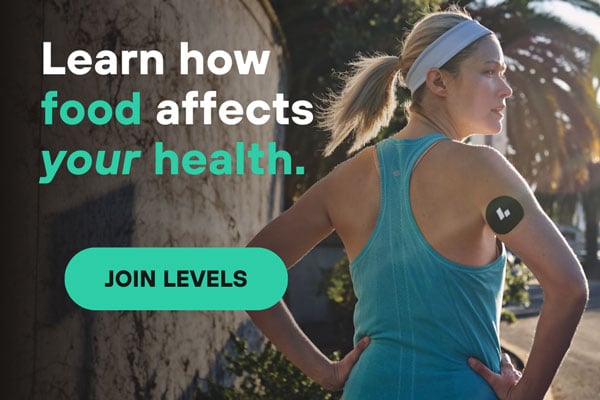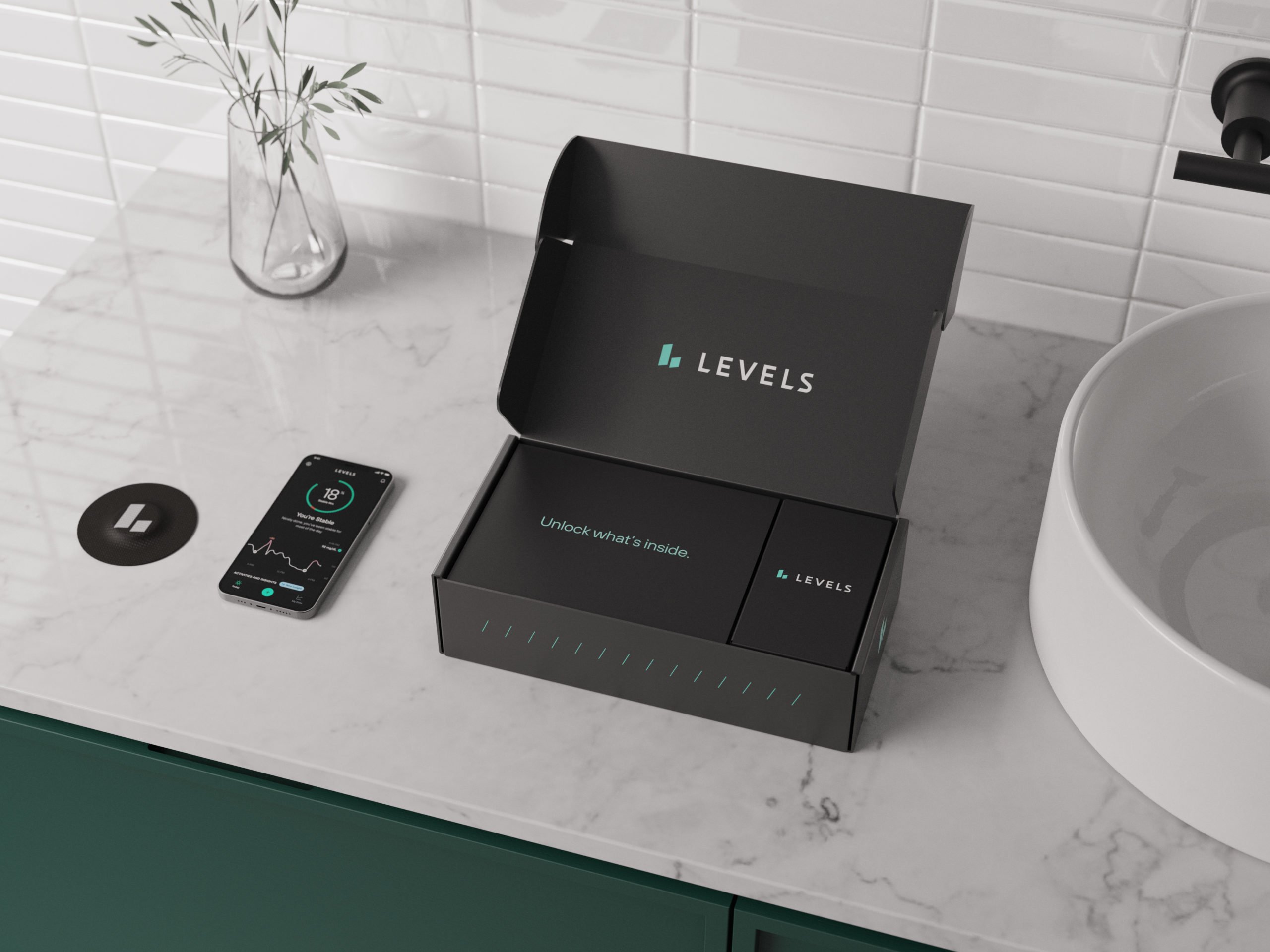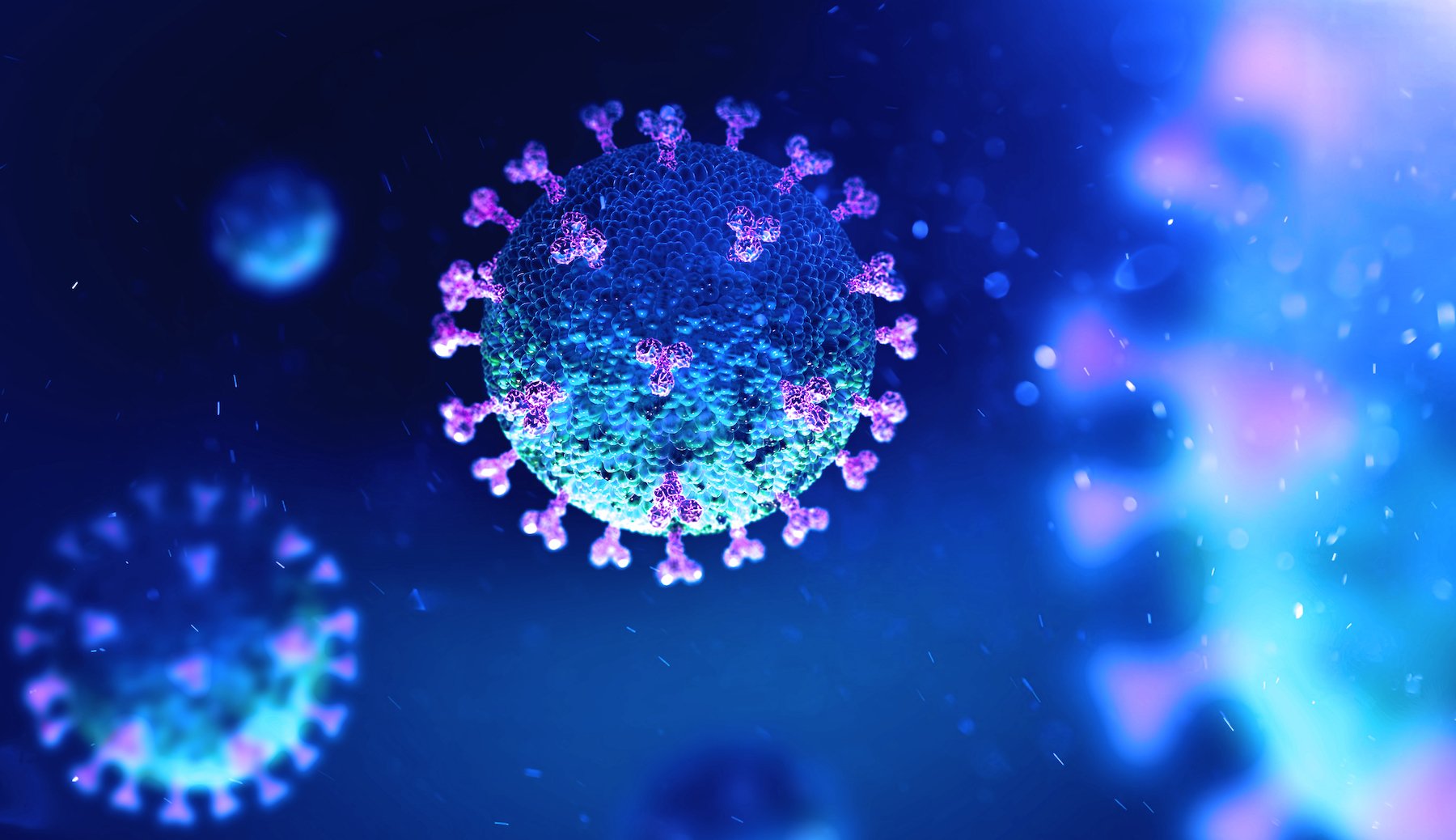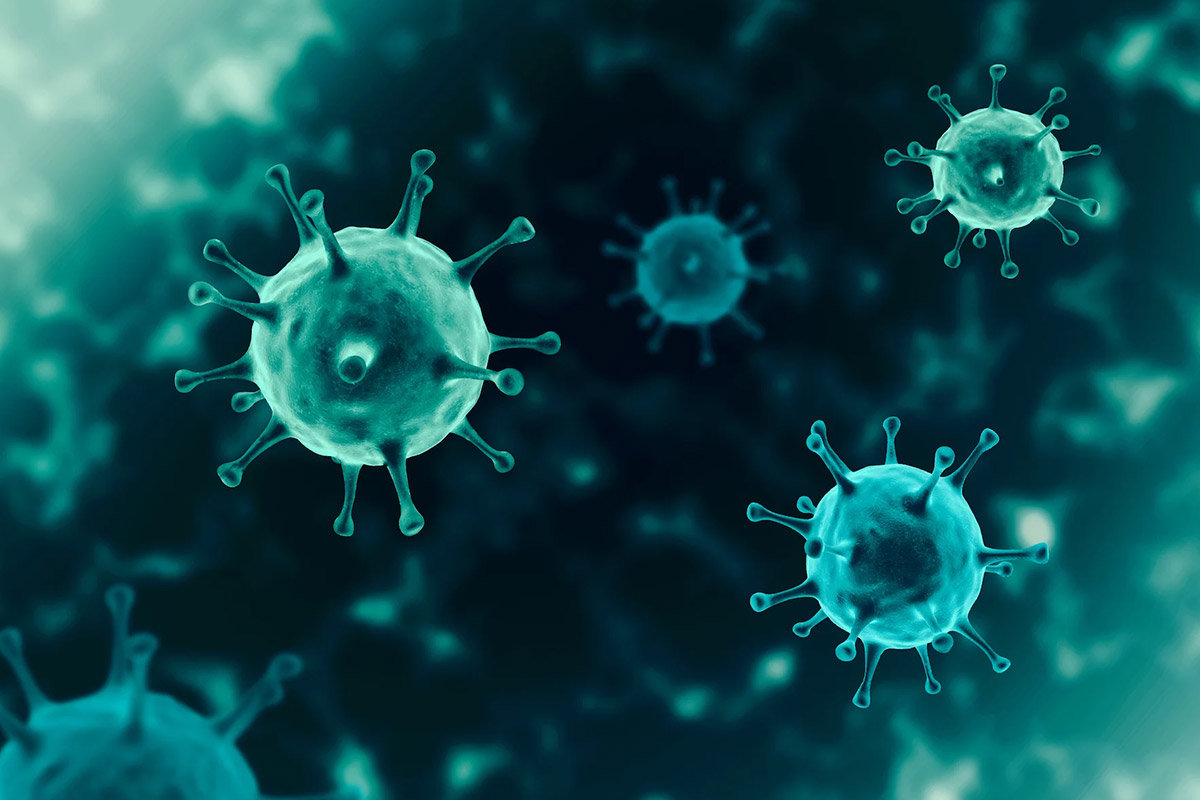Member Profile
Who: Martin Tobias, 57, investor, former CEO of Upgrade Labs
Where: Spokane, Washington
Time with Levels: 1 year (3.5 years on CGM)
1. You worked for Dave Asprey, arguably the father of biohacking, for three years. What did you learn about biohacking?
The core of biohacking—and really all health—is having data. What strikes me about the current healthcare system is that it’s backward. The system says, “Do whatever you want, and if you break, we’ll try to fix you.” But the reality is that several of the top killers today are essentially diseases of lifestyle. Cardiac disease, diabetes, Alzheimer’s—anything that’s systemic and lifestyle-influenced, you can both manage your risk and know your risk based on data.
So my approach to health since I started working with Dave and getting into this is, how do I measure how healthy I am? I’m trying to manage the status of my host to be as measurably healthy as it can be, based on the data that I have. So that when one of these black swan events comes, COVID or anything else, my odds of recovering from it or having it be a non-event are better.
“Looking at the data helped me make a better choice—even though I didn’t feel a difference, I knew what was happening in my body.”
And that’s sort of the core idea around biohacking, right? Get some data, know the status, improve the things you can, so that when life happens, you’ll be better able to deal with it.
2. What made you interested in CGM specifically?
I started doing CGM because of all the research I read around insulin variability as an underlying risk factor for overall metabolic health. It made sense to me that I should try to start managing that. And knowing if I was doing things that put me out of range or were overly stressing my body.
With CGM, you see the crazy load that’s put on your system when you drink something like a Coke. And once you see that, you can’t unsee it. You realize, yeah, that’s a ton of stress on my system—maybe I shouldn’t do that very often.
Learn more:
3. You’ve worn a CGM for a long time; what are you still learning?
Mostly I just test my response to certain foods. For example, my wife made brussels sprouts recently. She ate them and had one response, and I ate them and had a different response. So rather than following general dietary guidelines (which were all done on population studies), you have this device that tells you specifically how your body responds to different foods.
Rice is another one. People say brown rice is better for you than white rice. It turns out that for me, brown rice spikes glucose more than white rice.
But the interesting thing is that I never felt any different eating brown rice or white rice—and that’s true for most of the foods I eat. But looking at the data helped me make a better choice—even though I didn’t feel a difference, I knew what was happening in my body.
I also learned from the data that when I eat more good fats, like MCT (medium-chain triglyceride) oils or an avocado along with something carb or sugar, it modulates the spikes. So now I always combine dietary fats with any carbs.
4. What was your COVID experience like?
I had three days of pretty bad sore throat, pretty bad fatigue. I was on the couch for two days, but after three days, all the symptoms passed. I got a positive COVID test on that third day. We went into quarantine, but I was finished with it by the time I got the test results back.
And of course, I can’t say that tools like Levels and my Oura Ring cure COVID—they certainly didn’t. But they gave me the knowledge that my metabolism and my immune system were likely in a pretty strong state. And I definitely believe that my case was lighter because of all the things that I’ve been doing to manage my health and to know that my immune system was strong prior to getting it.
5. Any lingering issues?
I never lost my taste or smell, but my wife did. She has Lyme disease and autoimmune issues, so she was technically in a higher risk category, but she didn’t have a sore throat or fatigue. She just lost her smell and taste for about three weeks. She got a positive test too, but she had fewer symptoms even than I did, which was kind of weird since I was measurably healthier than her.
I haven’t had any recurring symptoms. My respiratory rate went up from 11 breaths per minute to 14 for those three days, but then it came back down to normal. For me, frankly, it was a non-event.








